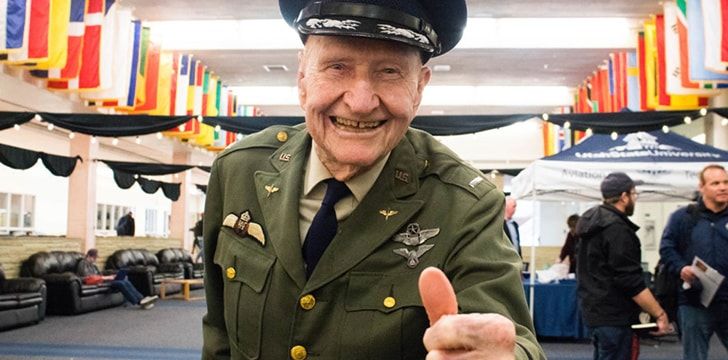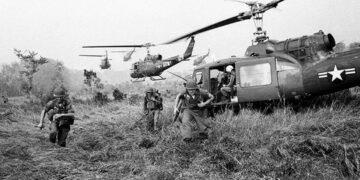Some three years after the Red Army hoisted the Sickle and Hammer over the Reichstag, declaring victory in Europe for the Allies, the world faced one of the first major international crisis of the Cold War with the Berlin Blockade.
The Soviet Union blockaded railway, road and canal access into the Western controlled parts of Berlin.
The Western response to this was to begin a massive airlift of food, water and medicine to the citizens of the besieged city, a movement that became known as the Berlin Airlift.
One American pilot who participated in relief efforts was Gail Halvorsen.
When he was on leave, he chose to spend his time in Berlin making movies with his hand-held camera.
One day, Halvorsen went up to a crowd of children who had gathered to watch the aircraft land at the airstrip, eager to answer their questions.
The Origin of the Name
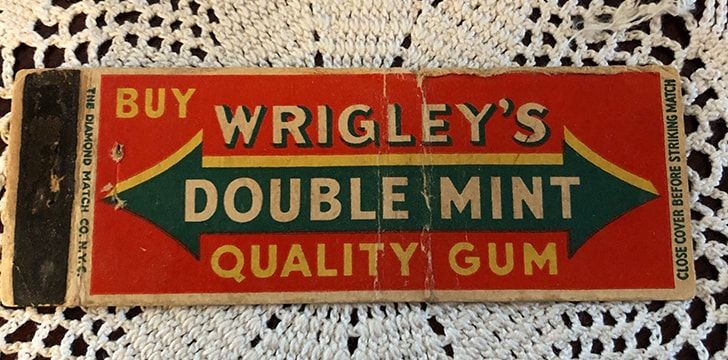
As a gesture of goodwill, he handed out his last two sticks of Wrigley’s Doublemint gum to the kids, who then divided it best they could to share around them.
They even passed the wrapper to the kids who didn’t get any just so they could smell it.
Blown away by the gratitude and willingness to share shown by the children, he promised that next time he returned he would drop off more.
Before he left, one of the kids asked how they would know its him flying over, to which he replied “I’ll wiggle my wings.”
A Kept Promise
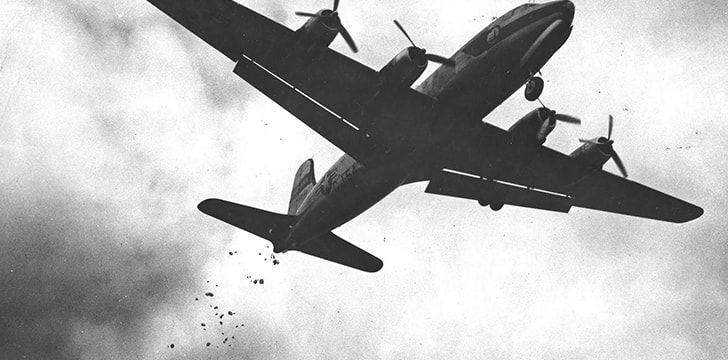
The next day, as Halvorsen approached the Berlin landing strip in his C-54 Skymaster, he rocked his aircraft and dropped out a load of chocolate bars he’d attached to handkerchiefs as parachutes.
Every day after that, whenever he approached the crowd of children grew and grew and grew.
Soon after he started, there was a stack on fan mail at the Base Ops addressed to “Uncle Wiggly Wings,” “The Chocolate Uncle” and “The Chocolate Flier.”
Halvorsen’s Commanding Officer was a bit annoyed initially when the story broke the news.
However William H. Tunner, then-General Officer of the USAF thought it was brilliant, and instantly set in motion Operation Little Vittles, a dedicated service to drop chocolate and candy to the children waiting at the runway.
Assistance from Abroad
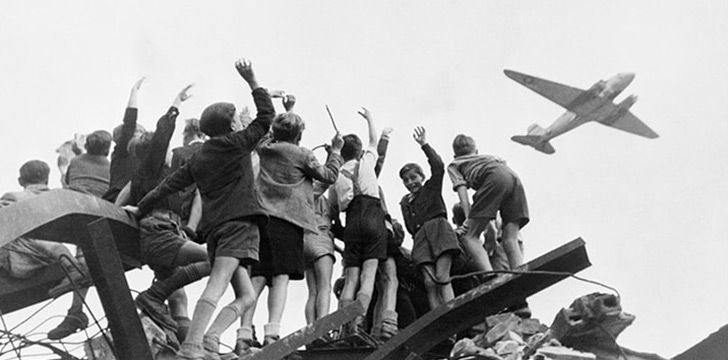
When the news reached the States, children all over the country started donating their own sweets to the Air Force to drop over Berlin, and not long after that major candy manufacturers also jumped on the plane.
In the end, over 23 tons of candy were dropped over Berlin, and Operation Little Vittles gave the U.S. one of their biggest propaganda successes.
The German children at the airport came to nickname the planes “raisin bombers.”
